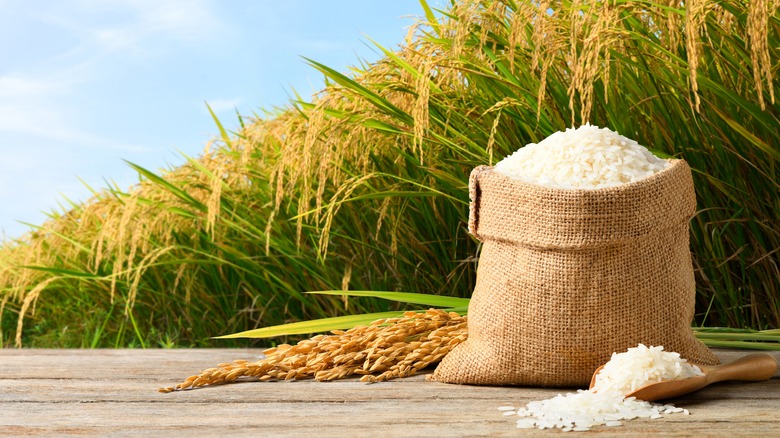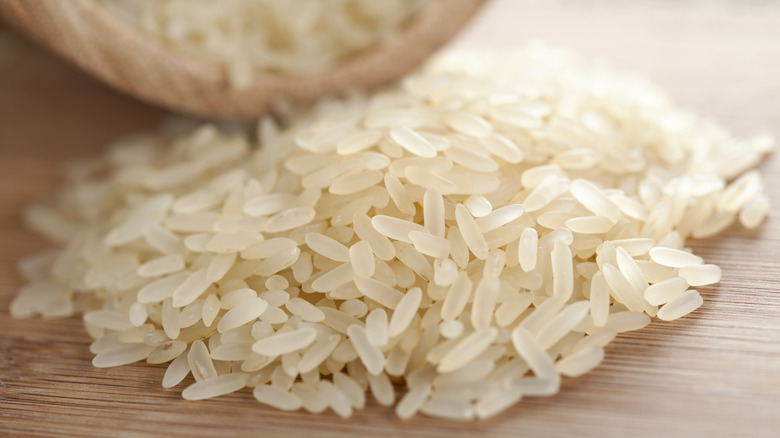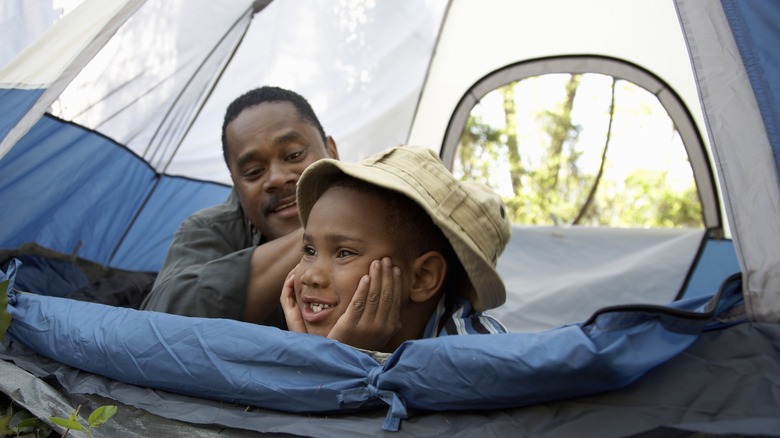Travel Guides Outdoor Adventures Camping
Jenna Busch
There is nothing better than camping in the great outdoors. The sun, the trees, a chance to get in touch with nature and unplug from the stresses of everyday life … it’s just beautiful. That is until a rainstorm hits and your boots get soaked. If you’re in a single campsite for the duration of your trip, maybe you can wear other shoes and hope for the best. If you have to use these boots again in the morning to hike to your next campsite, you’re going to be in for a rough trip. Boots take longer to dry than regular shoes do because the insides aren’t as exposed to the air the same way sneakers are. Hiking in wet books can cause blisters and sores, and it’s just so uncomfortable.
You might think about putting your boots right next to the fire, but as Able Camper tells us, this isn’t a great idea. That can cause damage to the leather as well as the glue holding them together. They have a great suggestion that you’re definitely going to want to add to your packing list for the next big camping trip. That item is rice. Yes, you can use it to dry out your boots, but that’s not all.
How the hack works

Photoongraphy/Shutterstock
Perhaps you’ve gotten your cell phone wet in the past before most of them became a bit more water-resistant. We were always told to surround the phone in a bowl of dry rice to let it absorb the moisture, and for the most part, it worked. This hack works the same way. The site tells us to put an inch of dry rice into a container or bag, then put the boots on top of the rice, closing the container. They should fit in there with space between them. That should take most of the moisture out and allow you to wear them comfortably again once more.
So, how long does this drying out take? Ask Team Clean says that it should take “a few hours” for shoes, so it’s worth budgeting a little more time for boots. Rice might weigh a bit, but so does an extra pair of hiking boots. In general, hiking boots weigh about two pounds. You can get a one-pound bag of rice at any grocery store. Not a huge difference, but when you’re carrying a backpack, it does matter. If you’re staying put, just keep it in your car.
That’s not the only camping use for rice

Savany/Getty Images
Drying out your boots isn’t the only way to use rice on a camping trip. Lancaster Farming has a first-aid hack that we’ve adjusted slightly. Put dry rice in a sock and heat it by the fire (please be careful as socks are flammable and so are you) for a hot compress. Put it in a Ziploc baggie and keep it in a cold river for a cold compress. To be very clear, the actual hack involves microwaving the rice in a sock for 1.5 minutes to warm it and the freezer for the cold version. If you have access to a microwave and freezer, great. If not, these are suggestions for alternatives, but again, please be careful.
Oh, and you can eat rice. In fact, white rice, as opposed to other kinds, has the shortest cooking time and the most starch and carbs, which are useful for backpacking and hiking. If you’re looking for fiber, try suggest brown rice.
Cook rice with a 1:2 ratio of rice to water. Rinse the rice, then put it and the water (or stock) in a pot over the fire with any seasonings. Once it boils, cover, reduce heat to low, and simmer (around 15-20 minutes for white, 40-45 for brown). Let it sit for a few minutes, and fork fluff. Keep an eye on it, however, because a campfire is not your home stovetop.

